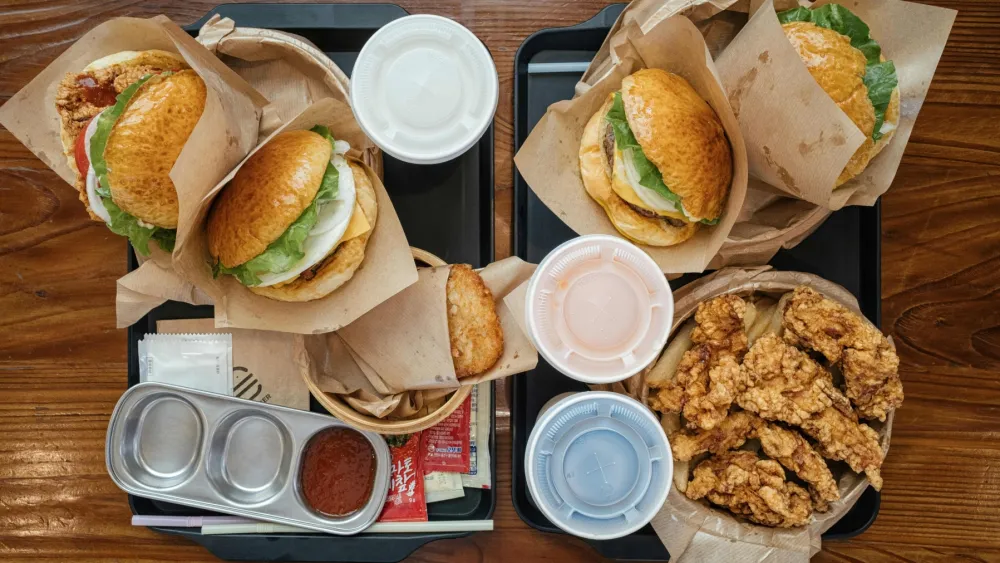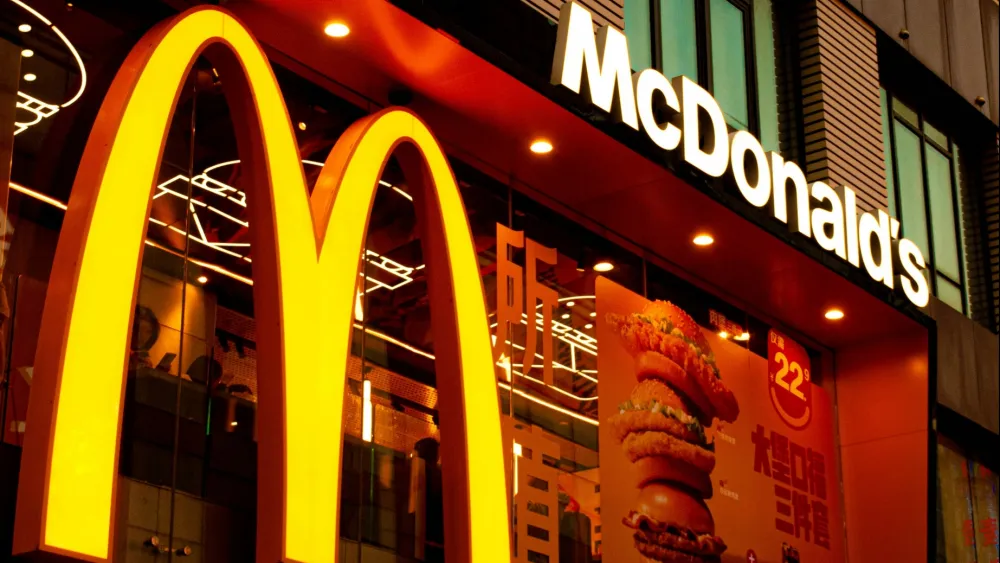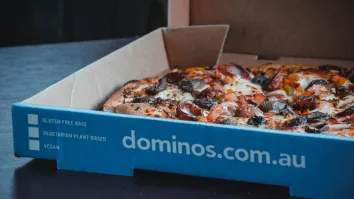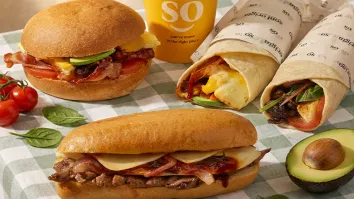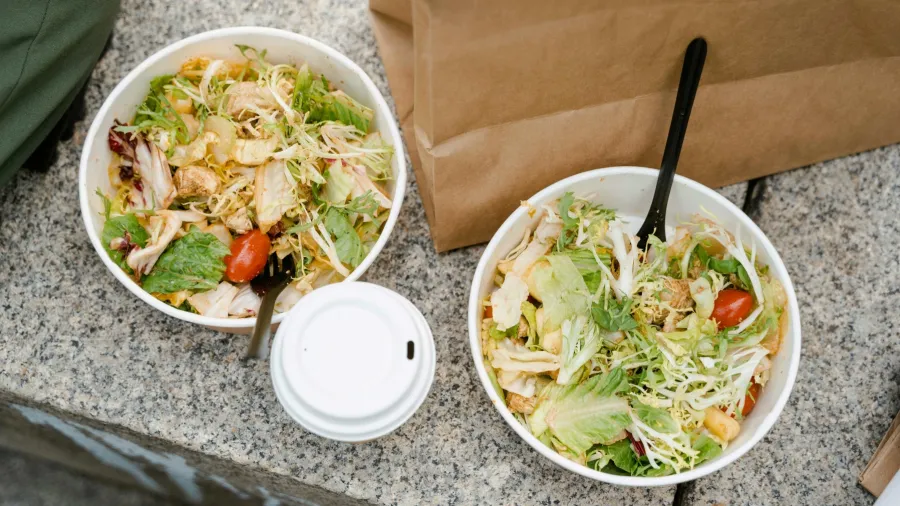
Top QSR chains improve nutrition policies but fall short on action
However, QSRs showed improvement since the last report in 2018.
The biggest QSR chains have shown improvements in nutrition-related policies and practices, but stronger action and clearer reporting are still needed across the sector, according to the Inside Our Quick Service Restaurants Australia 2024 report published on 12 September last year.
The report was authored by Gary Sacks, Jasmine Chan, Alexa Gaucher-Holm, Katherine Sievert, Josephine Marshall, Adrian Cameron, Lana Vanderlee, and was published by Deakin University in 2024.
The report highlights ongoing gaps in nutrition labelling, menu transparency, and the availability and affordability of healthier options. These improvements are positioned as important steps in reducing the impact of unhealthy diets and diet-related diseases at the population level.
Findings
Most of the assessed companies acknowledged health and nutrition issues in their corporate strategies, but few had strong targets or detailed reporting of progress.
Seven in 10 companies had overarching commitments or policies related to nutrition. Companies that scored lowest made limited or no mention of health or nutrition in their corporate reporting.
The report recommends that QSR businesses strengthen their approach by making nutrition a company-wide priority, setting and reporting on targets to increase sales of healthier menu items, adopting consistent standards to define healthy food, and establishing governance structures to ensure accountability.
KFC UK & Ireland was cited for publishing annual progress updates on nutrition, beginning with its 2024 report.
Several companies reported taking steps to improve the healthiness of menu items and ingredients. Guzman y Gomez led this segment with formal commitments to menu improvements and internal monitoring systems.
Nutrition labelling was the strongest-performing area. Seven in 10 companies committed to displaying kilojoule labelling on in-store menu boards in all states and territories, including those where labelling is not currently required.
Four companies committed to providing full nutritional information in-store—covering energy, sugar, sodium and fat per serve and per 100g—whilst six companies reported doing so online. Others only offered partial nutrition details, such as per-serve data or for selected items.
No companies had strong measures in place to promote healthier menu items or restrict the marketing of unhealthy ones to the general population.
Product accessibility and affordability was the lowest-scoring domain. Only three companies reported efforts to equally incentivise healthier and less healthy options, for example, by offering similar pricing. Only two reported occasionally using price promotions to encourage healthier purchases.
Disclosure of relationships with external organisations varied. Leading companies in this area publicly declared their affiliations and political activities.
Despite the gaps, all ten assessed QSR brands showed improved average scores compared to the previous 2018 report.
The assessment covered McDonald’s, KFC, Hungry Jack’s, Domino’s, Subway, Red Rooster, Guzman y Gomez, Nando’s, Pizza Hut, and Oporto. Six companies fully participated in the research. Pizza Hut, Red Rooster, Oporto and Hungry Jack’s were assessed using publicly available information only.
